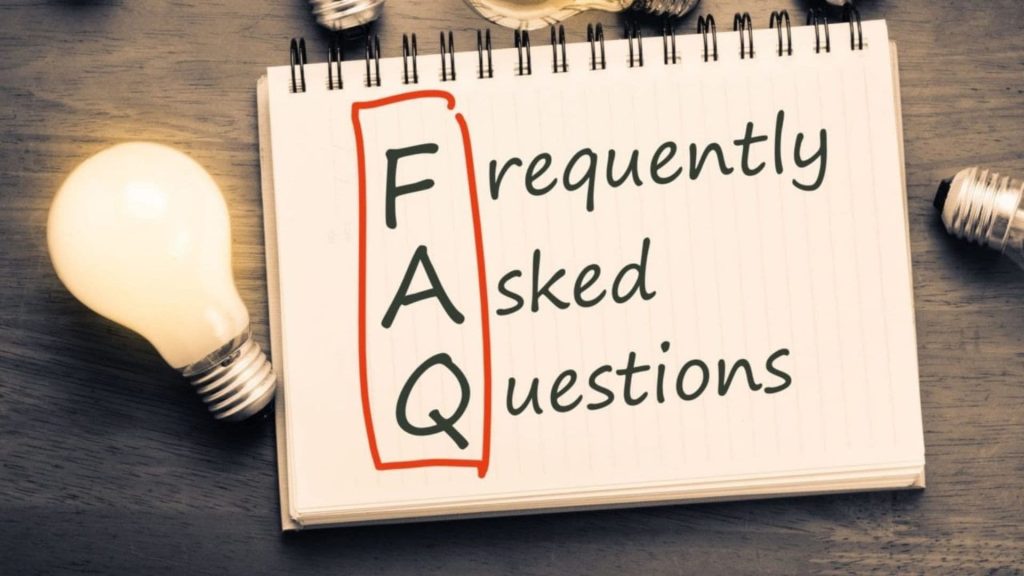
The Ohio Homestead Exemption is a state-wide program designed to help certain homeowners reduce their property tax burden. It achieves this by shielding a portion of the home’s market value from taxation. This means eligible homeowners only pay taxes on the remaining value of their property. The standard Homestead Exemption exempts the first $26,200 of a home’s market value from property taxes. For disabled veterans and surviving spouses of first responders killed in the line of duty, an enhanced exemption covers the first $52,300 of the home’s market value. To ensure the exemption keeps pace with rising costs, these amounts are adjusted annually for inflation.
Who Qualifies for the Ohio Homestead Exemption?
The Homestead Exemption program is designed to benefit specific groups of homeowners facing financial constraints or deserving special recognition for their service. These groups include:
- Senior Citizens: Individuals aged 65 or older by December 31 of the application year are eligible.
- Permanently and Totally Disabled Individuals: Applicants must provide proof of permanent and total disability as of January 1 of the application year.
- Disabled Veterans: Veterans with a 100% service-connected disability rating or those receiving total compensation based on individual unemployability qualify for the enhanced exemption.
- Surviving Spouses: Surviving spouses of individuals who were receiving the Homestead Exemption at the time of their death, provided the surviving spouse was at least 59 years old at the time of death, are eligible. Also, surviving spouses of public service officers killed in the line of duty may also qualify.
In addition to meeting these specific criteria, applicants must meet general requirements related to income and residency:
- Income Requirements: Applicants must have a total household income below a certain threshold. For tax year 2024 (payable in 2025), the income limit is $38,600. This threshold is adjusted annually for inflation.
- Residency Requirements: Applicants must own and occupy the home as their primary residence as of January 1 in the year they apply.

Benefits of the Ohio Homestead Exemption
The primary benefit of the Ohio Homestead Exemption is the significant reduction in property taxes it provides. The program achieves this through two levels of exemptions:
- Standard Exemption: Reduces the taxable value of the home by $26,200.
- Enhanced Exemption: Reduces the taxable value of the home by $52,300 for qualifying disabled veterans and surviving spouses.
The amount of tax savings realized through the program varies depending on the local property tax rates. However, these reductions can amount to hundreds of dollars annually for eligible homeowners. For instance, in Summit County, the program provides an average annual savings of $535.
How to Apply for the Ohio Homestead Exemption?
The application process for the Ohio Homestead Exemption is relatively straightforward. Here are the steps involved:
- Obtain the Application Form: The Homestead Exemption application form (Form DTE 105A) can be obtained from your county auditor’s office or website.
- Gather Proof of Eligibility: Depending on your qualifying criteria, you will need to provide documentation to verify your eligibility:
- Age Verification: Senior citizens need to provide proof of age, such as a driver’s license or state ID.
- Disability Certification: Individuals claiming disability need to submit disability documentation from a state or federal agency or complete the Certificate of Disability found on the application form, certified by a doctor or psychologist.
- VA Documentation: Disabled veterans need to provide documentation from the VA verifying their disability status, such as a DD214 form.
- File the Application: Submit the completed application form and supporting documentation to your county auditor’s office.
- Application Deadline: The deadline for filing the Homestead Exemption application is December 31 of the year for which you are applying. However, those applying for the exemption on a manufactured or mobile home must apply on or before the first Monday in June of the year preceding the year for which the exemption is sought.
Once approved for the Homestead Exemption, you do not need to reapply every year unless you move or experience changes in your eligibility status. However, it is essential to inform your county auditor of any changes in your circumstances that may affect your eligibility, such as a change of address.
Recent Updates and Legislative Changes
The Ohio Homestead Exemption program has undergone several updates and legislative changes in recent years, primarily aimed at improving benefits and expanding eligibility. Some of the key changes include:
- Inflation Adjustments: Starting in 2024 (payable in 2025), the exemption amounts have increased to $28,000 for the standard exemption and $56,000 for the enhanced exemption due to inflation adjustments.
- Proposed Legislation: Several legislative proposals aim to further enhance the Homestead Exemption program. These proposals include raising the income threshold for eligibility and increasing the exemption amounts. Although some of these proposals might not be enacted immediately, they highlight ongoing efforts to strengthen the program and provide greater tax relief to homeowners.

FAQs
What is the income limit for the Homestead Exemption?
The income limit for 2024 is $38,600. This amount is subject to annual adjustments.
Do I need to reapply for the Homestead Exemption every year?
No, you do not need to reapply annually unless your circumstances change.
Where can I find the application form for the Homestead Exemption?
You can get the application from your county auditor’s office or website.
What is the deadline for filing the Homestead Exemption application?
The deadline is December 31st of the application year, except for manufactured or mobile homes, where the deadline is the first Monday in June.